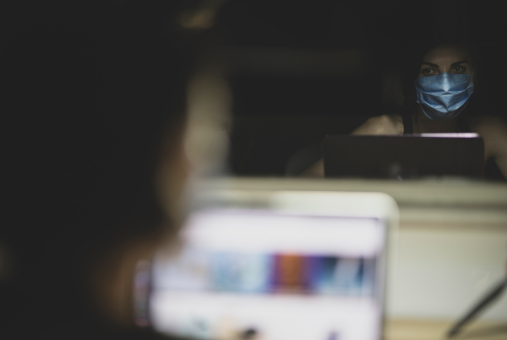
The pandemic has transformed the routines and professional practices of women journalists in Colombia and Venezuela, imposing more daily working hours and intensifying the use of information and communication technologies, but without a corresponding salary increase, according to research.
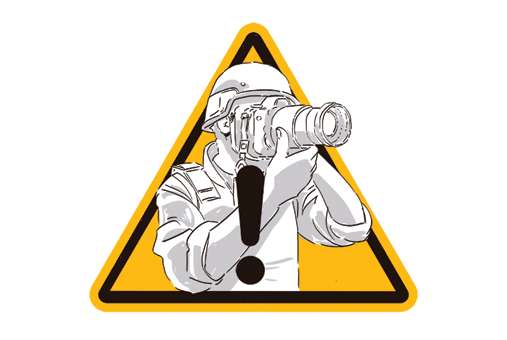
The spike of public protests that sometimes turned violent has not been met with enough preparation by Latin American journalists who find themselves in the midst of confrontations, experts say.
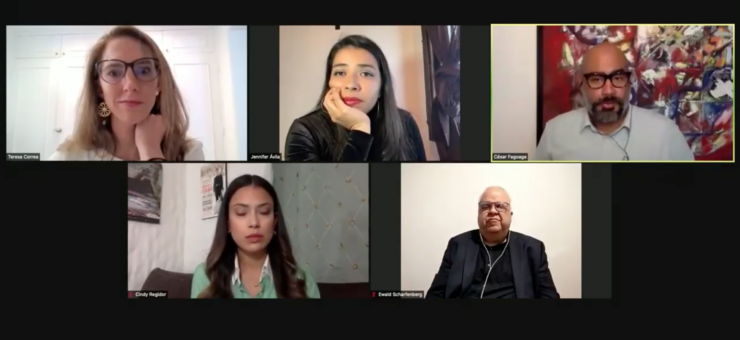
Journalists from Honduras, El Salvador, Nicaragua, and Venezuela spoke in a panel during the webinar “Journalism in Times of Polarization and Disinformation in Latin America.” The panel explored press freedom in countries faced with increasingly authoritarian governments and how they’ve been able to continue doing journalism.
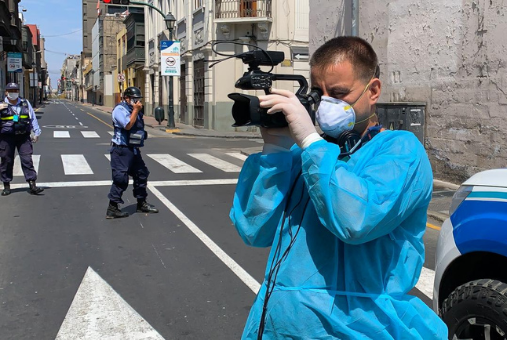
Childbirth during migration, the Zika epidemic and the COVID-19 pandemic were the themes recognized in the ninth edition of the Roche Prize for Health Journalism, which awards health coverage in Latin America.
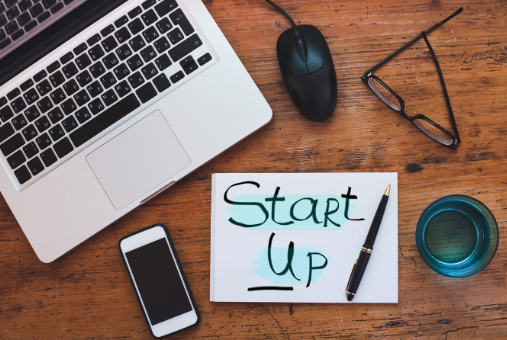
The GNI Startups Lab Hispanoamérica program was created and launched in mid-2021 by Sembramedia, with the support of Google News Initiative, and its objective is to strengthen the structures and business models of 10 digital native media in Latin America.
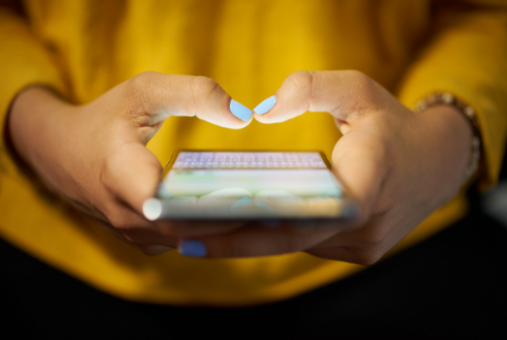
In Venezuela, due to poor Internet service, and more recently, the arrival of the COVID-19 pandemic, forochats have become a way to continue informing readers, support disadvantaged communities and find innovative ways to obtain financing.
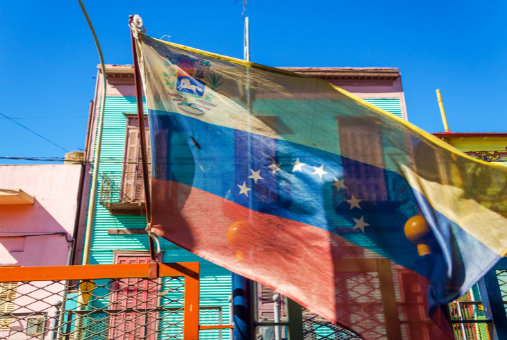
They are part of the 5.4 million refugees and migrants from Venezuela worldwide. But, they are also storytellers, and have found ways to create journalistic projects in their host countries to integrate, train or provide quality information to those who are going through migratory processes.
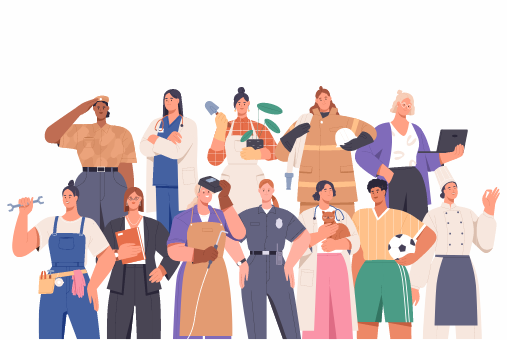
Ending excuses for not including expert voices of women and non-binary people in journalistic texts from Venezuela is the main objective of the recently launched project Mujeres Referentes, developed by media outlets that make up Alianza Rebelde and Chicas Poderosas Venezuela.
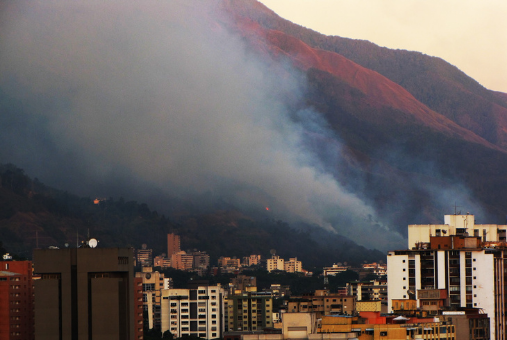
Despite a lack of a monitoring system for public fires in the country, the journalists at Venezuelan digital magazine Prodavinci put together a project mapping two decades of fires in the country's protected areas. They used satellite data from abroad and worked with academics for this data journalism project.
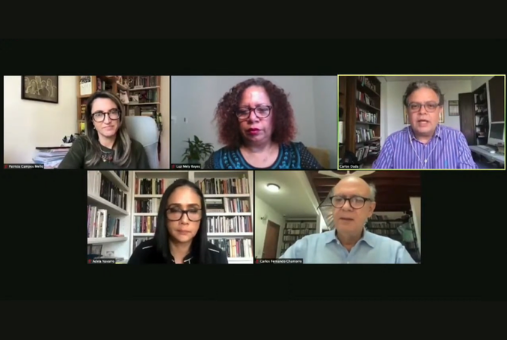
Government harassment against journalists has become a trend in Latin American countries, with leaders often using the strength of state institutions, such as the judiciary and police, to discredit and even silence the press.
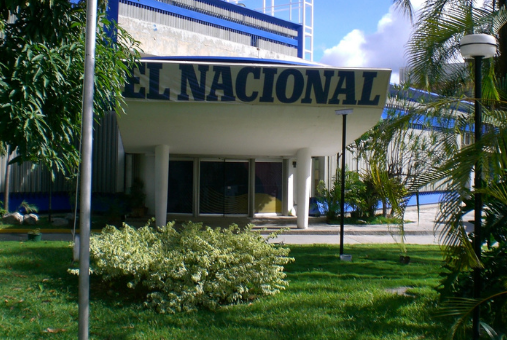
On April 16, a Venezuelan supreme tribunal ordered El Nacional to pay compensation to the vice president of the United Socialist Party of Venezuela (PSUV), Diosdado Cabello, considered the number two of Chavismo, for moral damage and defamation.
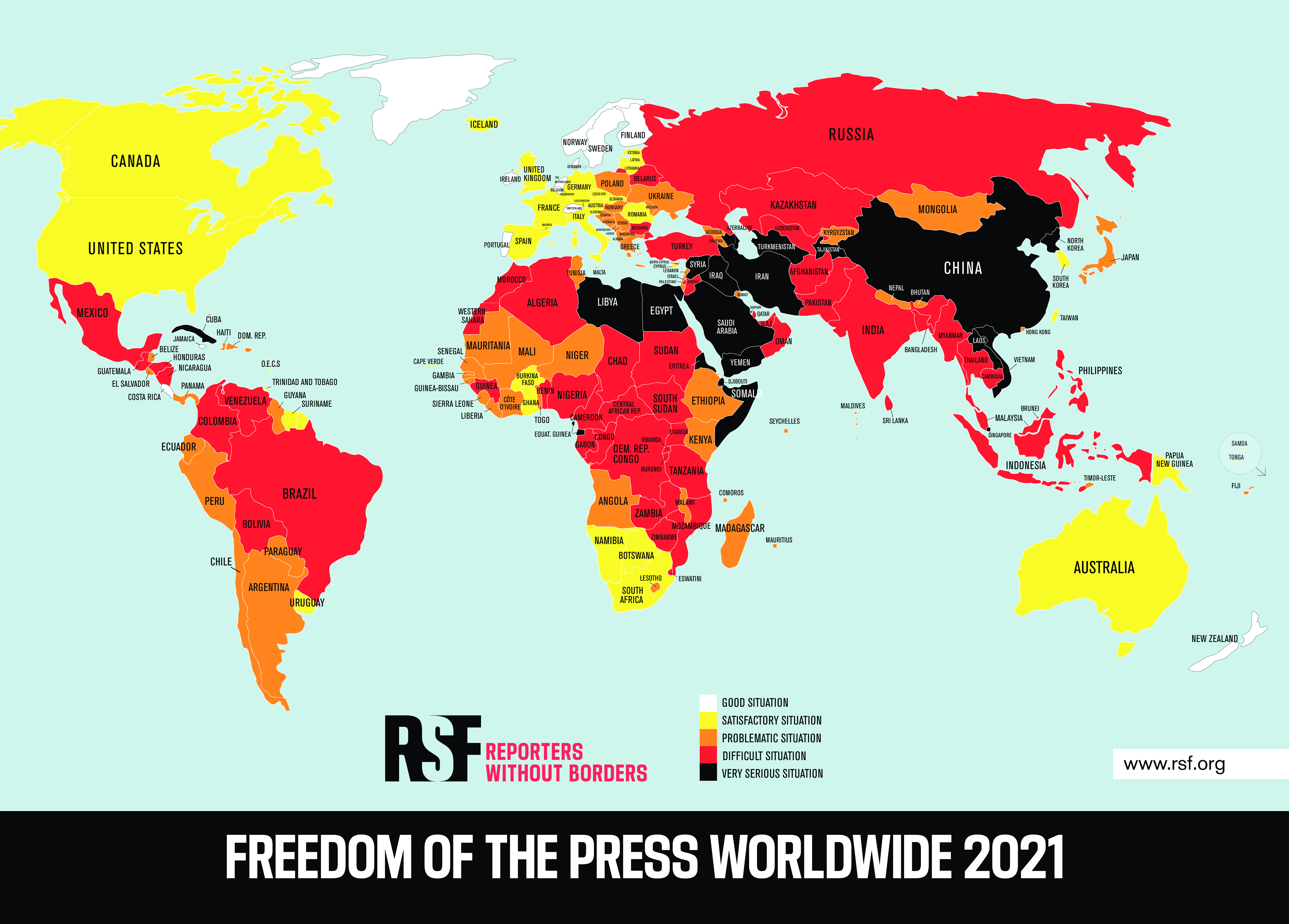
The global press freedom ranking by NGO Reporters Without Borders (RSF) confirmed a perceived trend in Latin America: a general worsening of conditions for the exercise of journalism on the continent. Of the 24 countries in the region analyzed, 19 lost points in the RSF survey.